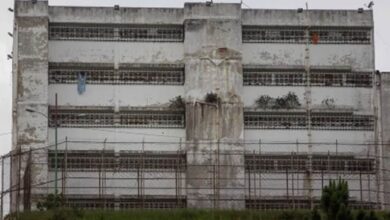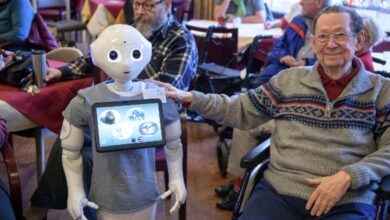Massive assassination of leaders: How many deaths will there be?
Listen this article
The worrying figures of social leaders' murders and the uncertainties of the Colombian government leave a worrisome scenario for the defenders

We have not reached the middle of the month and there are already 6 social leaders killed. Gilberto Valencia, Jesus Adier Perafán, José Solano, Wilmer Antonio Miranda, Wilson Pérez, and Martiza Quiroz Leiva were silenced by armed men, who are behind a much darker and cruel target.
Leer en español: Asesinato masivo de líderes: ¿Cuántas muertes tienen que haber?
Since last year, the murders (which seem systematic) have been denounced by organizations such as the Institute of Studies for Development and Peace (INDEPAZ, in Spanish), which states that from January 2018 to November 17 of that year 226 social leaders were murdered in different parts of Colombia. On the other hand, the Ombudsman's Office stated that in 2018 there were only 164 cases.
While the figures do not match, one thing is clear: social leaders who advocate for the rights of communities, the environment, the use of illicit crops, among others, are being killed and the protection granted by the government is not serving at all.
It is important to remember that before the Final Agreement with the Farc, the creation of an elite police force was requested, whose function is to "prevent, anticipate, protect or carry out criminal investigations (in conjunction with other organizations) and that becomes the State's response to dismantle the criminal organizations responsible for homicides and massacres or that are attacking human rights defenders and social and political leaders", as El Colombiano recalls.
However, this system fails because it only serves to "prevent, anticipate, analyze, investigate"; it is not enough to compile figures and carry out an analysis of who could be the alleged culprits, from which side they belong. Although it is a long-term solution, it does not satisfy the immediate need to issue strong protection against social leaders.
How many more deaths must there be for decisive measures to be taken? There is a clear persecution of the leaders, above all those who fight for the restitution of land, those who ensure that the lands are no longer used for cultivation for illicit purposes. It is evident that where a social leader lives there are no guarantees or protection. If this is the case with the defenders of the communities, the danger increases and becomes another pretext to assassinate them, once they try to get into politics.
Maybe you're interested in reading: Colombian journalism is in danger
Neither the Elite Corps worked in the Santos era, nor does the creation of the Timely Action Plan (PAO, in Spanish) created in the Duque era to try to continue with the imaginary line of protection towards the leaders. They are not fulfilling their main objective, which according to Duque is "not wanting impunity in these events and wanting to work on prevention in the right way".
The other dark part of the picture is that it seems that the current president Ivan Duque does not care at all about the constant murder of social leaders. Since the beginning of the year, he has been more present in international affairs than in national ones. For the president, it seems that the crisis facing Venezuela was more important than the death of social leaders.
He is so disconnected from reality that the people in charge of handling the issue of the social leaders were the Minister of Defense, Guillermo Botero (the same who said that the popular protests should be repressed and forbidden); the interior minister, Nancy Gutiérrez (who said it is important to analyze and compile the figures of the murders) and the Peace Commissioner Miguel Ceballos (who rather than help the peace, hindered the whole process).
Again the president erred in the appointment of persons in charge, of such a delicate matter. It does not help to say the murders happened in "complex areas", or that the National Protection Unit (UNP) does everything possible thing to respond to all requests and because of this, "dealing with the situation is very complicated".
Social leaders need greater protection, they need the problem to be rooted out, they need the state to guarantee their rights, something that should have happened since the first death took place.
Colombians who care about this issue know the importance of social leaders in the country, because they are a clear reflection of the abandonment by the State in remote areas, where the government has no interest. That is why we do not remain silent, and we demand that the social leaders be listened to, taken care of, but above all that government ends with the murders.
'Lideres sociales'. Nueva #CaricaturaXtian pic.twitter.com/8iRF95uZZV
— X-tian (@UnCaricaturista) 8 de enero de 2019
LatinAmerican Post | Laura Viviana Guevara Muñoz
Translated from "Asesinato masivo de líderes: ¿Cuántas muertes tienen que haber?"





